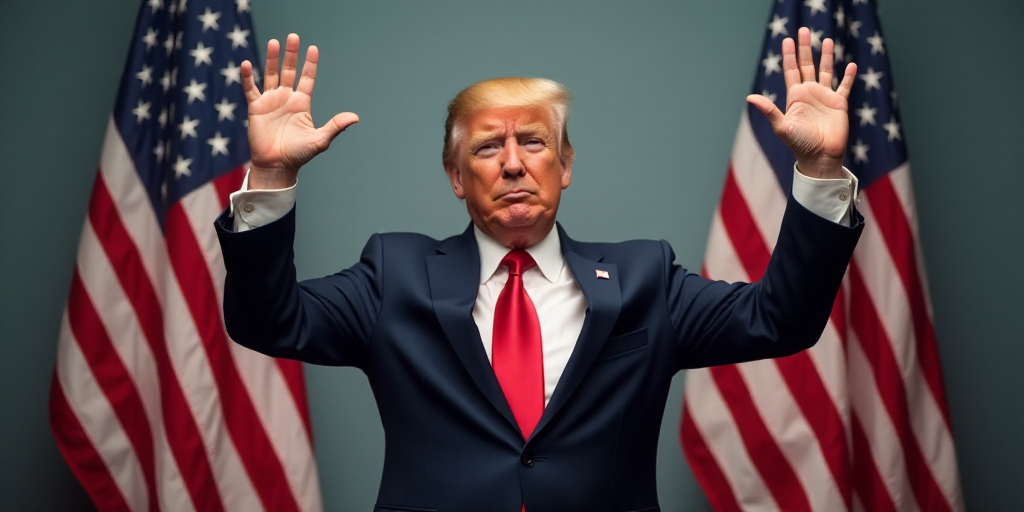Background and Relevance
The European Union (EU) and Japan have expressed confidence in securing limits to the U.S. tariffs on pharmaceutical products, which President Donald Trump announced would be set at 100% next week.
Who are the key players?
The European Union (EU) and Japan are the main entities involved in this situation. The EU is a significant economic bloc comprising 27 European countries, while Japan is an influential Asian economy and a key U.S. trading partner.
Why is this relevant?
This issue is crucial as it directly impacts the pharmaceutical industries in the EU, Japan, and the U.S., as well as global trade relations. High tariffs could lead to increased drug prices, reduced access to essential medications, and potential retaliatory tariffs from affected countries.
Key Developments
- EU-US Trade Agreement: Following a trade agreement in late July, the EU and the U.S. reached a joint statement ensuring that tariffs on pharmaceutical products, semiconductors, and timber would not exceed 15%.
- EU’s Confidence: The European Commission stated that the 15% tariff cap on EU exports to the U.S. guarantees no higher tariffs for European economic operators.
- Japan’s Position: Japan referred to its joint statement with Washington, asserting that U.S. tariff rates on Japanese semiconductors and pharmaceutical products would not surpass those applied to other countries, like the EU.
- Trump’s Announcement: In a post on Truth Social, Trump announced new tariffs, including 25% on trucks and 30-50% on furniture. He also mentioned a 100% tariff on branded or patented pharmaceuticals, unless a specific pharmaceutical company builds a manufacturing plant in the U.S.
Swiss Pharmaceutical Companies’ Responses
The Swiss pharmaceutical companies Roche and Novartis are key players in this scenario. Roche reported that one of its U.S. subsidiaries recently broke ground on a new facility, potentially exempting them from the proposed tariffs.
Novartis, another significant Swiss pharmaceutical company that pledged substantial investments in the U.S. earlier this year, has not yet responded to requests for comment.
Key Questions and Answers
- What tariffs did Trump announce? Trump announced new tariffs, including 25% on trucks and 30-50% on furniture. He also mentioned a 100% tariff on branded or patented pharmaceuticals, unless a specific company builds a manufacturing plant in the U.S.
- What is the EU and Japan’s stance? The EU and Japan expressed confidence in securing limits to U.S. tariffs on pharmaceutical products, citing a joint statement with the U.S. that capped tariffs on these goods at 15%.
- How are Swiss companies responding? Roche, a Swiss pharmaceutical company, has recently started construction on a new U.S. facility, which might exempt them from the proposed tariffs. Novartis, another major Swiss pharmaceutical company, has not yet commented on the situation.






